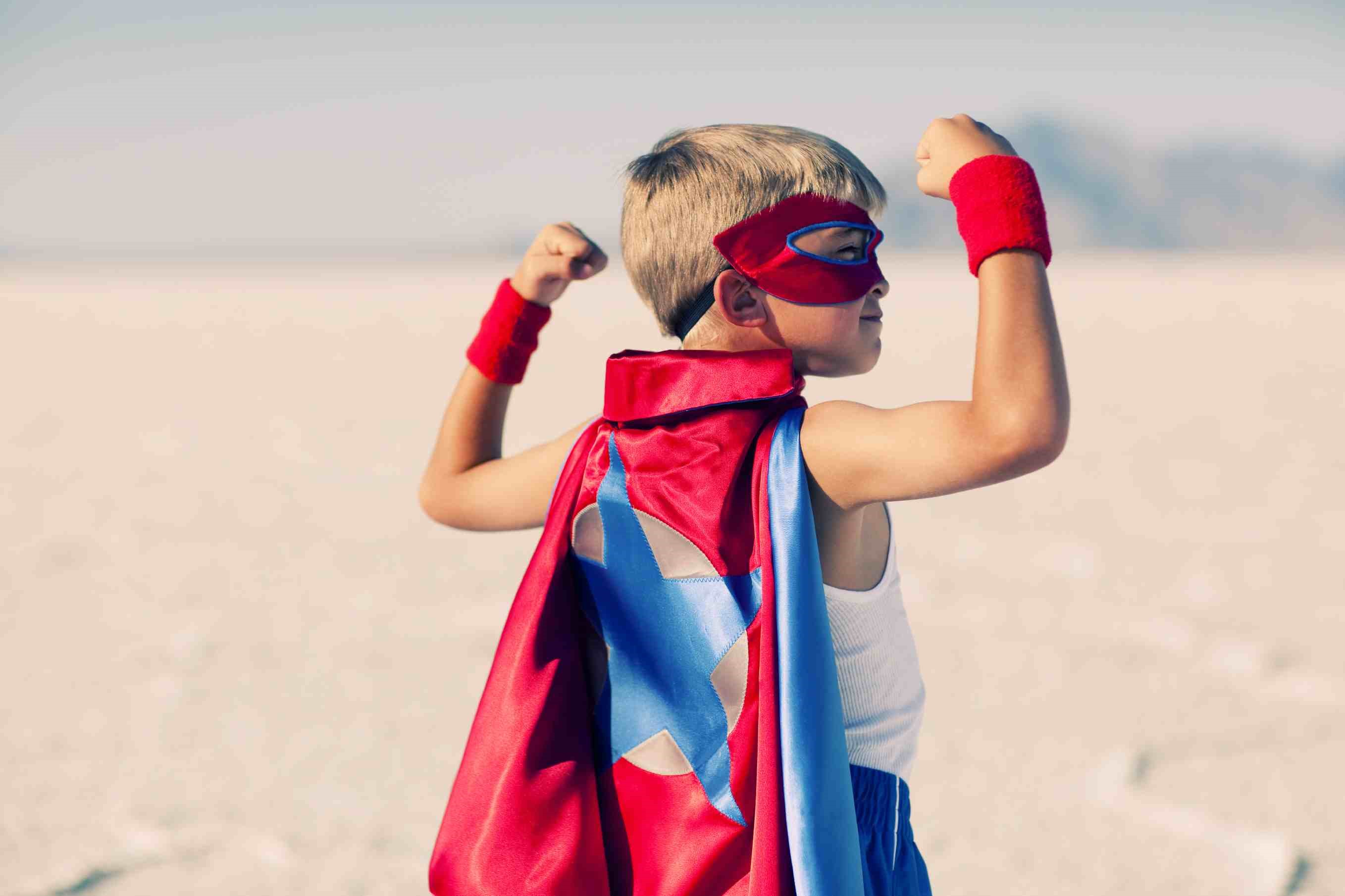Being Purposeful Over the Summer Break

The lazy summer days will surely come and go before we know it. Wouldn’t it be nice if we could plan specific activities and set reasonable goals to help us feel a sense of accomplishment as we venture into the fall? We can do this easily by targeting just five developmental domains: cognitive, behavioral, social, emotional, adaptive and planning activities to enrich each of these areas. Remember, living purposefully is as important for toddlers and teenagers as it is for seniors.
Cognitively, children should have a daily routine of 30 – 50 minutes practicing reading, writing, and arithmetic skills. Seniors can spend this time balancing a checkbook, writing to a friend, or reading their favorite magazine. The key here is to set aside a time each day and stick with it. I recommend to my clients that they establish an evening routine with their children to help them relax and prepare for sleep. It begins after dinner with a ban on digital media and transitions to a bath/shower, reading and then bedtime. Children like routines so it is easier to avoid the distractions and arguments when there is a consistent schedule.
Behaviorally, I advise parents to help children learn mindfulness skills to promote relaxation. Sitting quietly or even coloring/painting without any sounds or distractions for 30 minutes can help students to develop concentration skills and become more aware of their thoughts and feelings. These skills counter the desensitization that occurs as a result of digital overload. Doing less may seem easy but it is actually a behavior that takes concentration and stamina. For older adults, practicing good breathing techniques can lead to better concentration and sleep. Several Eastern Practices like Tai Chi and Qigong use breathing techniques in conjunction with body movements to promote greater self-awareness and well-being. These techniques have even been proven to be beneficial to adults with mobility constraints such as rheumatoid arthritis and physical disabilities.
Socially, children need to learn how to interact with new peer groups, so have them join a group that they might not have the opportunity to join during the school year. This could be a theater group, a chess club, a karate dojo, or community assistance organization. The goal is for them to learn new social skills that are appropriate for the new setting. This helps to develop empathy, and social awareness skills. Seniors can benefit from the same diverse activities and for them the benefits can be greater tolerance, patience, and openness to explore new experiences. Volunteering in their communities is also a fantastic way to share the vast skills seniors have acquired over their lifetime.
Emotionally, it is important for children to understand that all feelings are valuable. There are a number of fun games they can play to try to express and identify the wide variety of emotions that humans display. The next step in this game, which is more serious and important, is to practice moderating the emotional states they experience throughout the day. They need to know that no one is happy all the time and when they feel angry or sad it is okay. The key skill development is learning how to moderate that emotion. Older adults need to practice these skills as well and that’s why the newer science of (EIQ) Emotional Intelligence Quotient is so valuable to professionals in security and business alike. Adults who spend more time working in isolated areas or across digital media need to make an extra effort to interact with others face-to-face to practice these skills.
Adaptively, our children can develop new skills like learning to swim, riding a bike, tying their shoes, or cooking breakfast. The summer months offer greater flexibility in schedules to be with them as we model new skills. I used the summer break to teach my niece how to drive. Make a point of providing opportunities for your children to learn new skills. They are going to make mistakes but your job is to support them without enabling them. They will learn from their mistakes and more importantly, they will discover their resiliency. Adults can use this time to learn a new skill as well whether it is outside gardening or a new sport or inside playing with a new app on their smartphone. Either way, the experience helps to build new neuro-pathways and helps to strengthen the mind.